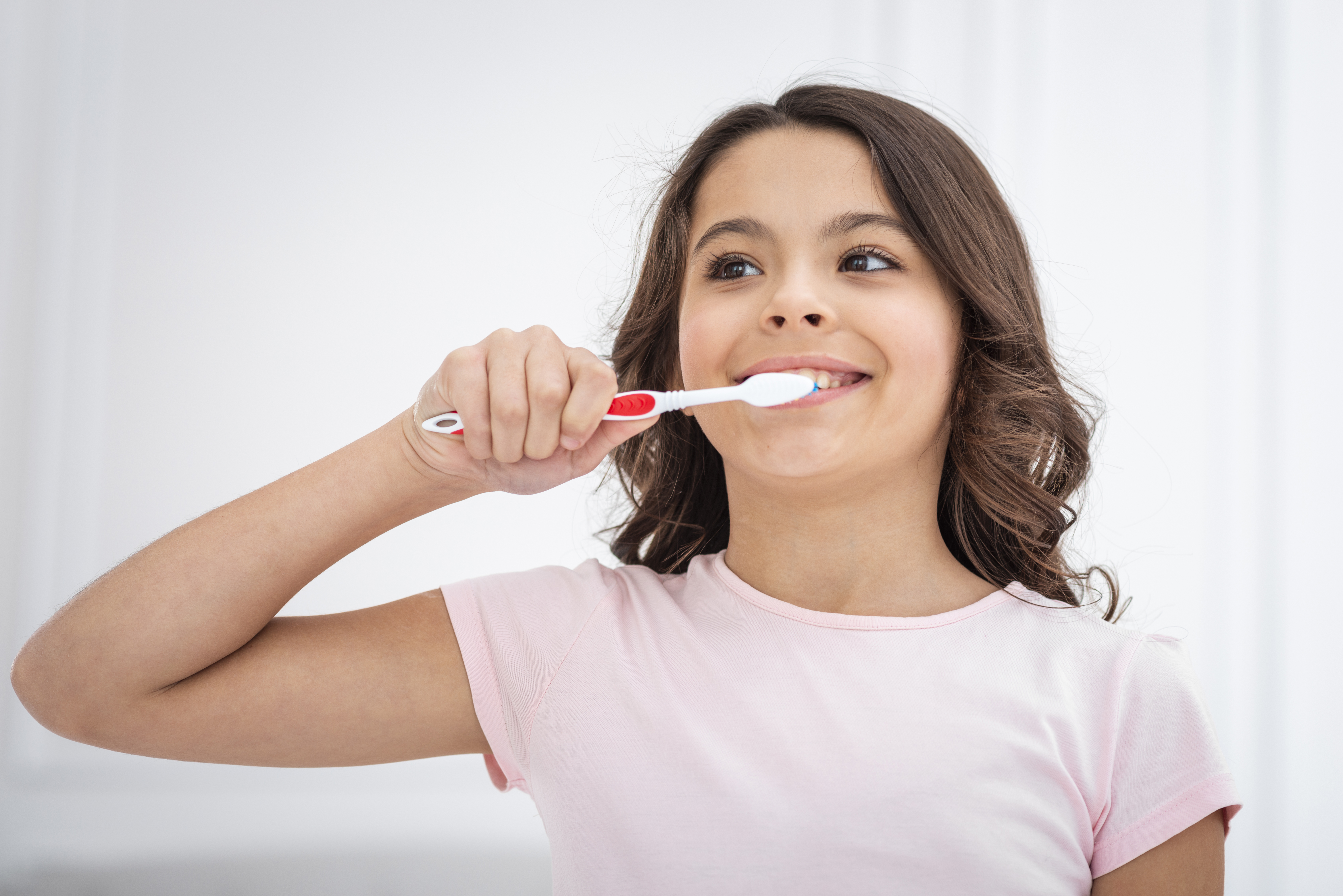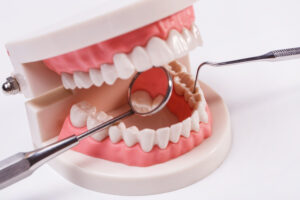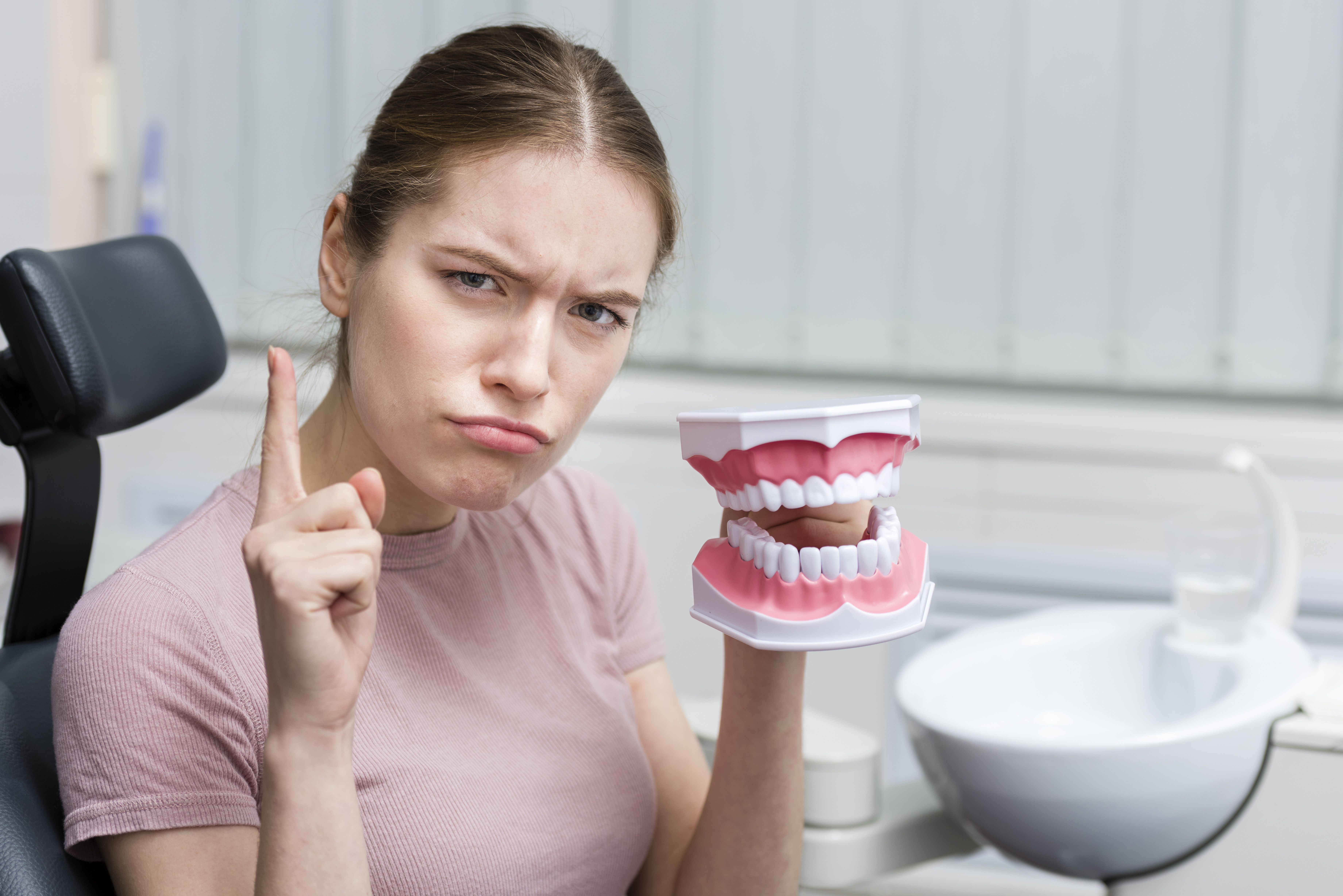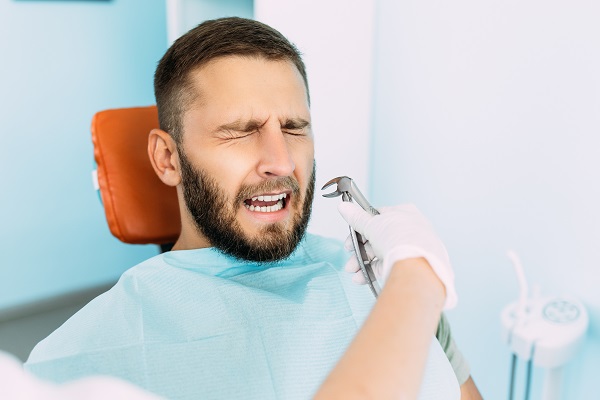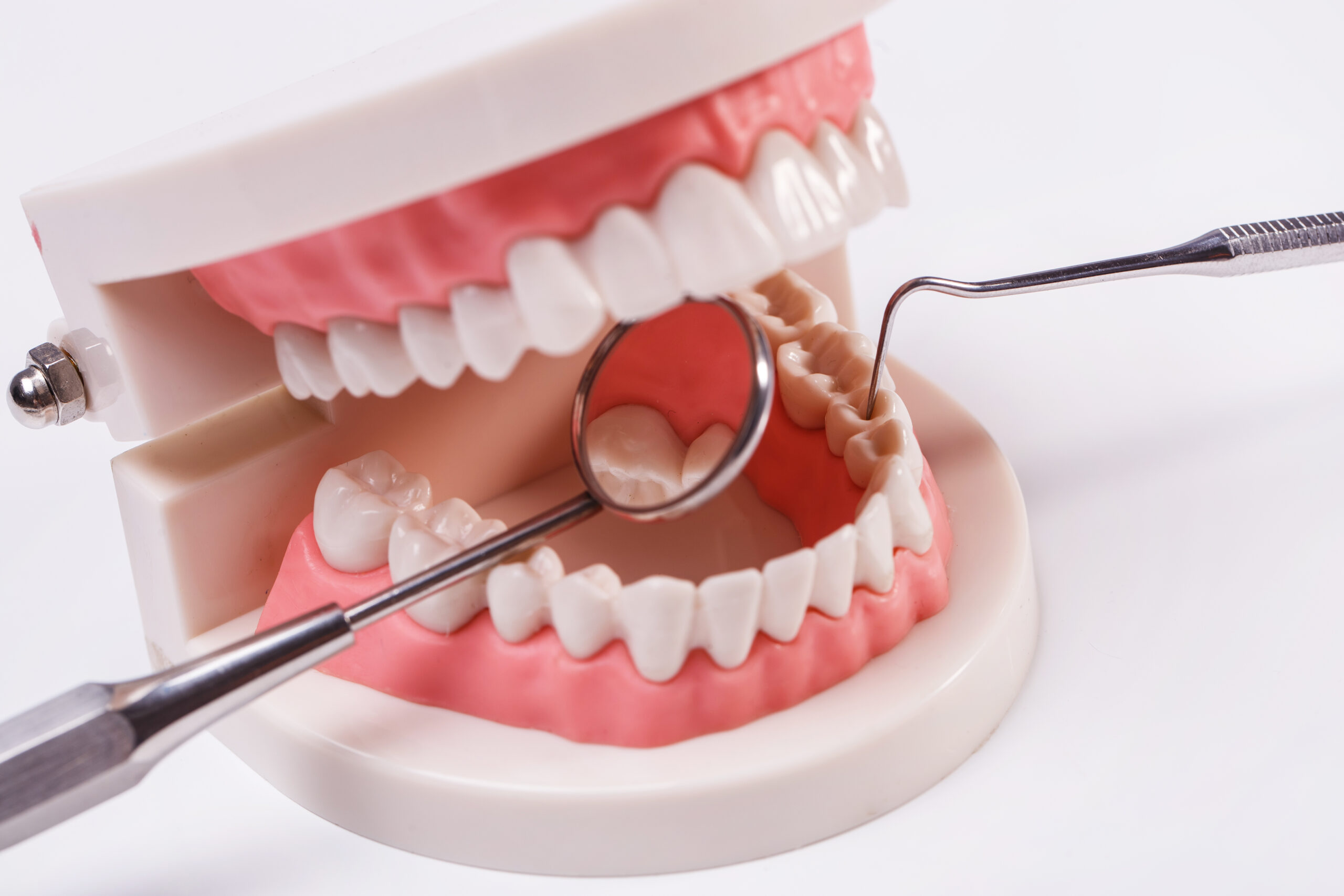Oral Hygiene for Kids: Tips for Parents
Teaching children good oral hygiene habits is an essential part of parenting. As a parent, you play a significant role in shaping your child’s dental health and ensuring they grow up with strong, healthy teeth and gums. In this article, we’ll discuss valuable tips for maintaining excellent oral hygiene for kids. Plus, if you’re looking for professional dental care for your children, don’t hesitate to visit “32 Strong” – dental clinic in Delhi, your partner in providing the best dental care for kids.
The Importance of Early Oral Hygiene
Establishing proper oral hygiene practices from an early age is crucial for several reasons:
- Preventing Tooth Decay: Tooth decay is one of the most common childhood problems. Practicing good oral hygiene helps prevent cavities and other dental issues.
- Developing Good Habits: Teaching children to brush, floss, and care for their teeth sets the foundation for a lifetime of good oral health practices.
- Preventing Gum Disease: Gum disease can develop in children too. Proper oral care reduces the risk of gum problems.
- Maintaining Overall Health: Good oral health is linked to overall well-being. Teaching kids to take care of their teeth contributes to their general health.
Oral Hygiene Tips for Kids
- Start Early: As soon as your child’s first tooth appears, begin gently brushing it with a child-sized toothbrush. Use water and a tiny amount of toothpaste.
- Regular Brushing: Encourage your child to brush their teeth at least twice a day. Make it a fun activity by singing songs or using a timer to ensure they brush for two minutes.
- Flossing: Once your child has two teeth touching, introduce flossing. Show them how to floss gently to remove food particles between their teeth.
- Supervision: Supervise your child’s brushing and flossing until they are old enough to do it effectively on their own, usually around age 7 or 8.
- Healthy Diet: Limit sugary snacks and drinks. Encourage a diet rich in fruits, vegetables, and dairy products. These foods provide essential nutrients for strong teeth and gums.
- Regular Dental Check-ups: Schedule regular dental check-ups for your child. Dental professionals can identify and address issues before they become serious problems.
- Fluoride Treatment: Ask your dentist about fluoride treatments, which help strengthen your child’s tooth enamel.
- Orthodontic Assessment: Around the age of seven, consider an orthodontic assessment to address any potential alignment issues early.
- Dental Sealants: Dental sealants can be applied to your child’s molars to protect them from cavities.
- Set an Example: Be a role model for your child. Let them see you practicing good oral hygiene to inspire them to do the same.
Visiting “32 Strong” for Best Dental Care for Kids
At “32 Strong,” we understand the unique needs of children and are dedicated to providing the best dental care for kids. Here’s why “32 Strong” is the right choice for your child’s dental care:
- Experienced Pediatric Dentists: Our clinic boasts a team of highly skilled and experienced pediatric dentists who specialize in caring for children’s dental health.
- Child-Friendly Environment: We create a warm and welcoming atmosphere to help children feel comfortable during their dental visits.
- Educational Approach: We believe in educating children about the importance of oral hygiene to empower them to take ownership of their dental health.
- Preventive Care: Our focus is on preventive care to help children avoid dental problems in the first place.
- Emergency Care: Dental emergencies can happen at any time. We provide prompt emergency care to address urgent dental issues.
- Holistic Approach: We understand that oral health is linked to overall health. Our holistic approach ensures that we consider your child’s well-being as a whole when providing care.
Wrapping Up…
Oral hygiene for kids is a significant aspect of their overall health and well-being. At 32 Strong, we can ensure that your child enjoys strong, healthy teeth and gums throughout their childhood and into adulthood. As a parent, you have the power to shape their dental health positively, so invest in it wisely, and set them on the path to a lifetime of beautiful smiles.

